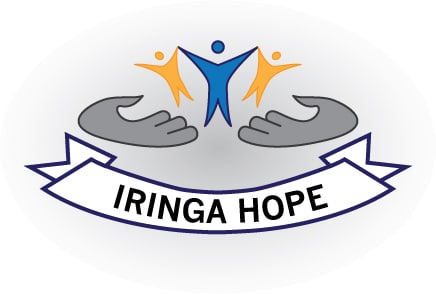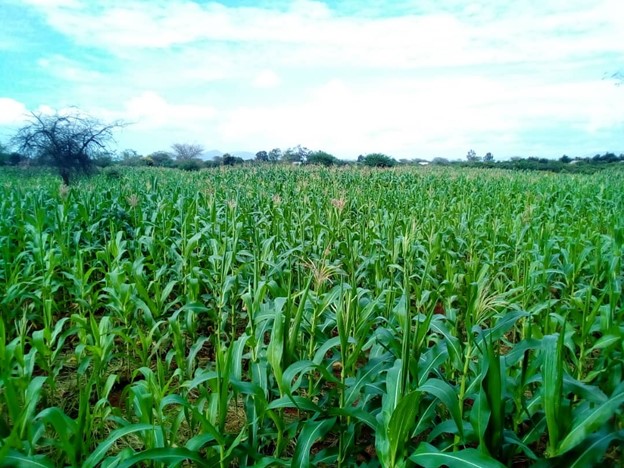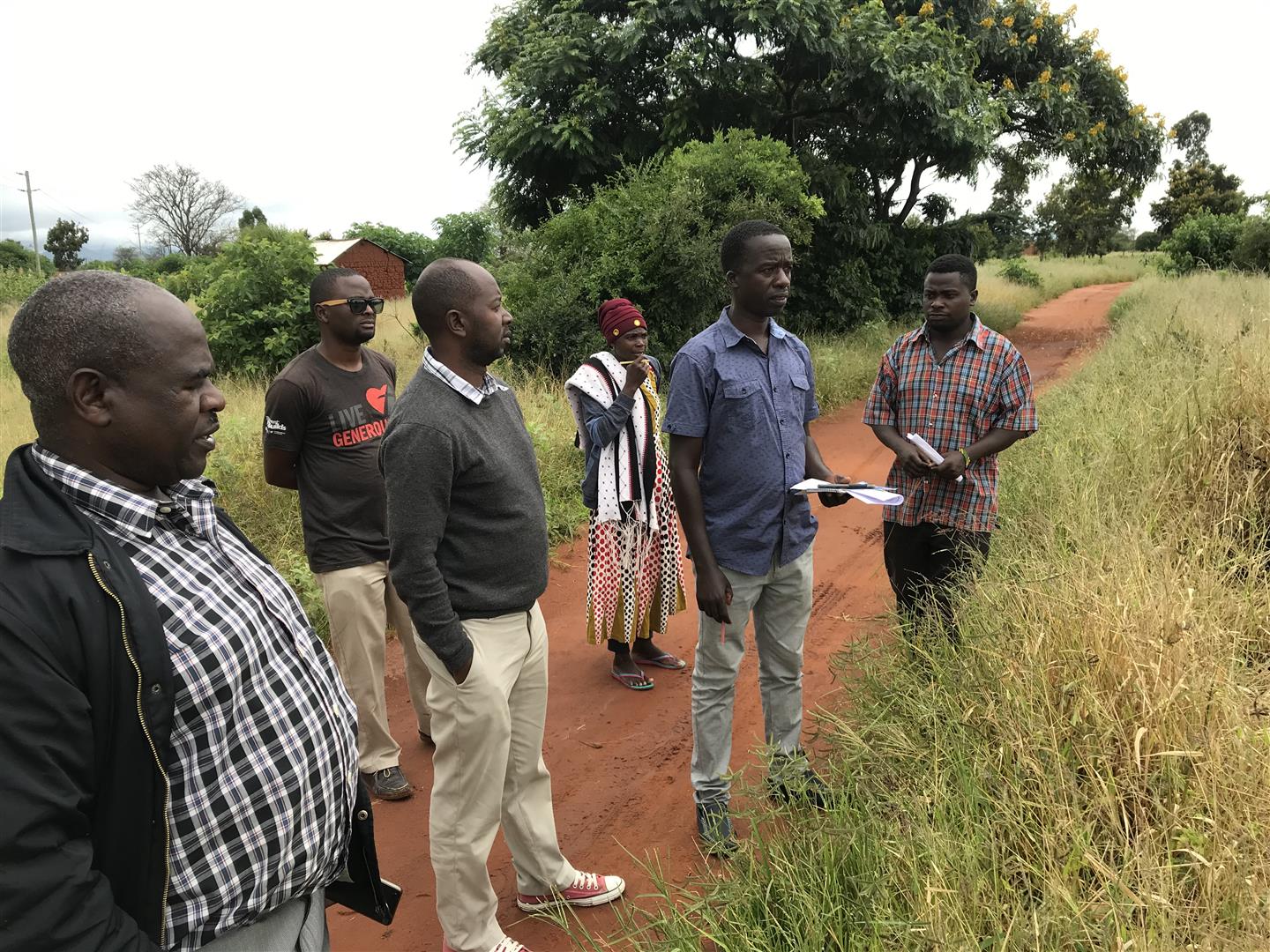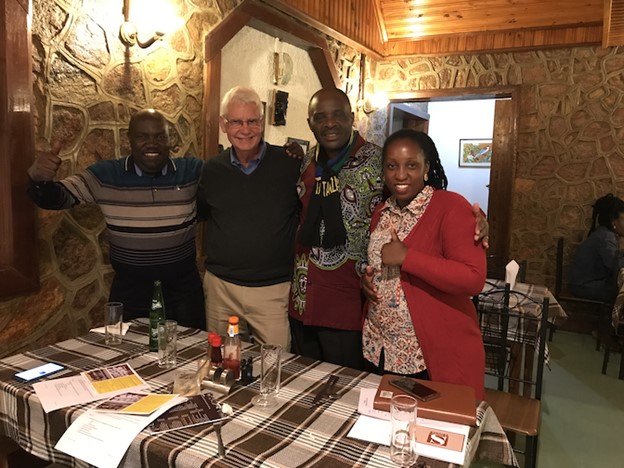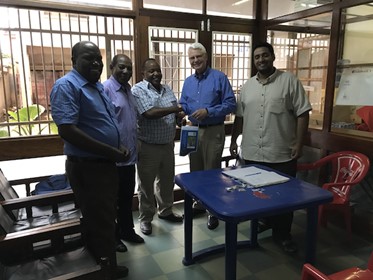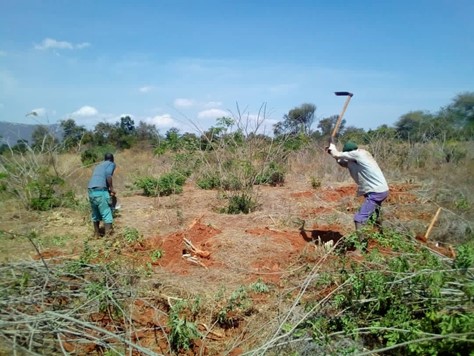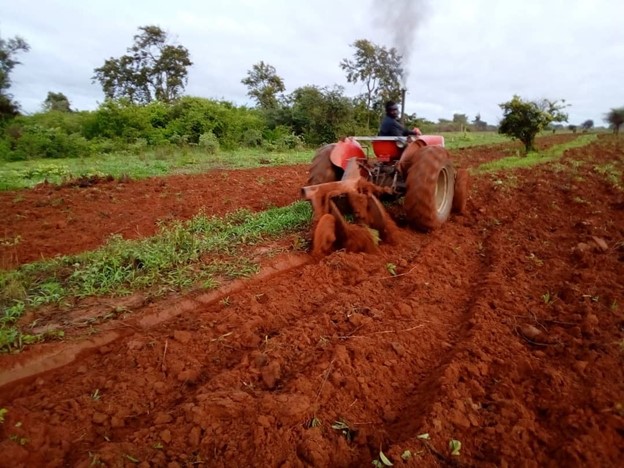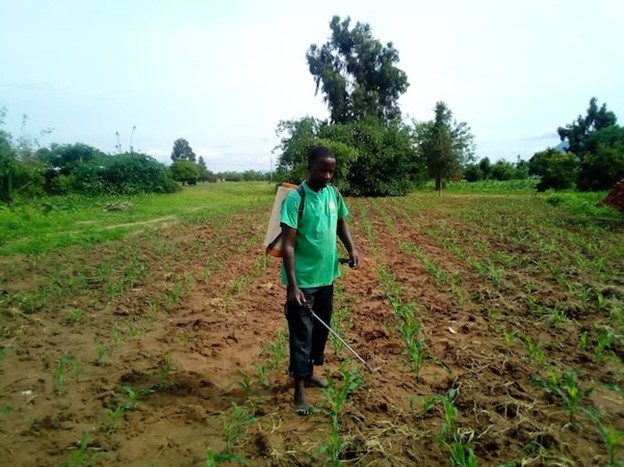When Norm Siekman, member of the Board of Directors of Iringa Hope here in Minnesota, was in Iringa in February 2020, he interviewed business owners to learn about the best practices to store bags of maize. The information that was gathered was to help to determine the design of the Iringa Hope Market Center for storing maize for Iringa Hope members. In a meeting with Atanasi Kipeto, Manager of Ruaha Milling, we learned that there were large tracts of farmland that were lying idle. We decided that Iringa Hope should investigate whether there might be potential farmland available that could be farmed by smallholder farmer members of Iringa Hope. We learned that in Tanzania, even though the production of food is very important, only 25% of the arable land is under cultivation.
In a later discussion with the leaders at the Ilambilole, we learned that near the Ilambilole Integrated Development Center (IDC), a 36-acre field was owned by the Evangelical Lutheran Church in Tanzania (ELCT). Norm, Venance Msigala, Iringa Hope Agronomist, Dickson Msungu, AMCOS Manager and Peter Silayo, SACCOS Manager met with the leaders of the AMCOS and SACCOS at Ilambilole. The Ilambilole AMCOS has over 110 members. However, 30 of the members only have access to one acre of land to farm. The leaders said that if the land could be cleared, one-acre plots could be allocated to these thirty members of the Ilambilole AMCOS who were currently farming only one acre. Farming only one acre provides only enough production for subsistence living, with no crops left over to sell for additional income. Farming an additional acre could provide as much as $300 in income for the family. While this would be only a small amount of income to us in Minnesota, to a family in Ilambilole it can make a difference in sending a child to school, obtaining better nutrition or healthcare for a family, updating an existing house, or investing in or starting a new business.
When our leaders approached the Pastor of the ELCT church at Ilambilole, the Pastor and the church leaders were in full support of making the land available for smallholder farmers to raise crops. The land was, at that time, covered in tall grass, trees and bushes. If funds could be made available, the land could be cleared. In late February, before Norm returned to the U.S., Enock Ugulumu, Director of Iringa Hope, Itiweni Luhwago Samson, Manager of Iringa Hope, Bishop Gavile of the Iringa Diocese, and Norm met to discuss the project. Bishop Gavile recognized the benefit and supported the idea of moving forward with the project.
Norm is also a member of the Edina Morningside Rotary Club which supports grants for International projects that provide a humanitarian benefit and provide significant Rotarian involvement. When he returned to Minnesota, he met with the leaders of the Rotary Foundation of the Edina Morningside Rotary Club and submitted a request for a grant to clear the land. In June, the Rotary Foundation approved a grant of $5,000 to fund the project to clear the land. The funds were then sent to Iringa to prepare the land for planting when the rains came in January.
In Minnesota, the land would be cleared of trees with chain saws and a bobcat or a bulldozer. In Iringa, the least expensive way to clear the land is by labor with hand tools. Regardless, the land was cleared in time for the soil to be turned over before the rains began.
After the land was cleared, the AMCOS organized the smallholder farmers to contract for a tractor and plow to turn over the soil. Following the direction of Venance Msigala, the Iringa Hope Agronomist, the smallholder farmers used the recommended types and amounts of hybrid maize seed, fertilizer and sprays. As a result, the farmers are looking forward to a good harvest from the maize that was grown on a field that was only growing trees and bushes last year.
This project is a good example of the strength that Iringa Hope brings to our work in Tanzania. By forming a partnership between the local group, the Diocese, the Local Rotary Club, and ourselves we were able to turn a nonproductive resource (the fallow land) into a source of income for 30 local families.
The farmers that have been allocated an additional acre of land to farm are very grateful for the opportunity to work the land to gain additional income for their families. Several of the families will be able to begin replacing their mud brick home with a masonry home with a concrete floor. Some of the families will be able to provide new school uniforms, supplies, and expenses for their children. One of the families use their additional income to start a small business selling items that are not currently available in the village.
Our mission at Iringa Hope is to provide resources so that families can lift themselves out of poverty. This project is one example of how Iringa Hope is helping people in Tanzania to help themselves through their hard work to provide a better life for their families.
If you would like to learn more about this project, or would like to learn how, with your support, the Iringa Hope AMCOS near the partner parish of your congregation could develop a similar project to support smallholder farmers, contact us at info@iringahope.org.
